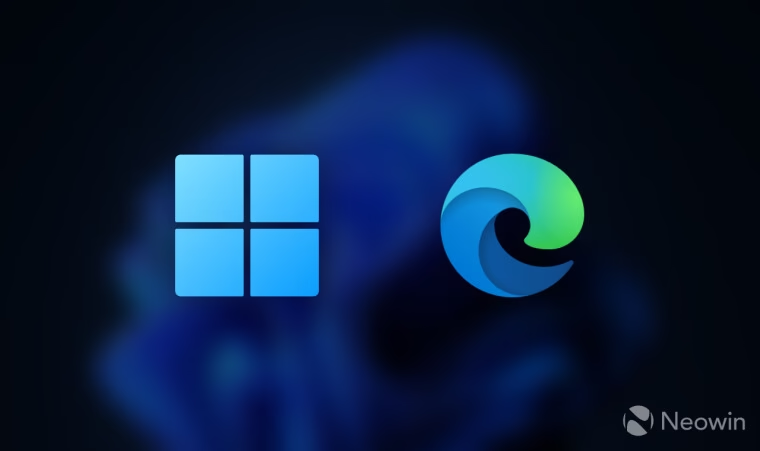Microsoft Edge Outperforms Chrome in Ad Blocking on Windows

▼ Summary
– Google recently reported performance improvements in Chrome, citing better memory management and caching as key factors.
– Microsoft promoted Edge as a faster alternative to Chrome, emphasizing its integration with Windows for performance benefits.
– Performance is a major focus for browsers, with Chromium-based options outpacing Firefox in speed and market share.
– Microsoft highlighted Edge’s efficiency features, such as sleeping tabs and optimized architecture for lower resource usage.
– Microsoft also emphasized Edge’s productivity tools, including Microsoft 365 integration and AI, as reasons to switch from Chrome.
Microsoft Edge has emerged as a strong competitor to Google Chrome, particularly when it comes to performance and efficiency on Windows devices. The browser war between these two tech giants continues to intensify, with both companies frequently highlighting improvements in speed and resource management. While Google recently showcased Chrome’s enhanced memory optimization, Microsoft has doubled down on positioning Edge as the smarter choice for Windows users.
One of Edge’s standout advantages lies in its deep integration with the Windows operating system. Microsoft emphasizes that this native compatibility translates to better performance, lower CPU usage, and optimized resource allocation—especially beneficial for devices with limited hardware capabilities. Features like sleeping tabs, which conserve memory by deactivating inactive pages, reportedly saved users over 7 trillion megabytes of RAM in 2024 alone.
Beyond raw speed, Microsoft touts Edge’s superior ad-blocking capabilities and smoother operation of extensions like password managers and translation tools. The browser’s architecture is designed to minimize slowdowns, even when multiple add-ons are running simultaneously. For users who prioritize productivity, Edge also offers seamless integration with Microsoft 365 and AI-powered tools, further enhancing workflow efficiency.
While Chrome remains the dominant player in the browser market, Microsoft’s aggressive optimizations and Windows-centric optimizations make Edge a compelling alternative. The company’s latest push suggests that now might be the ideal time for users to reconsider their default browser choice—especially if performance and system resource management are top priorities.
(Source: Neowin)


